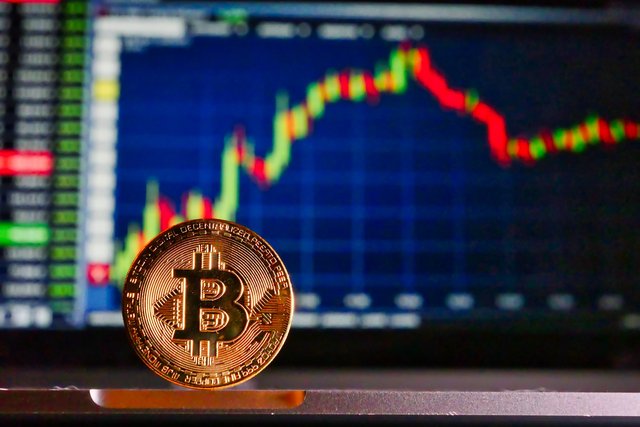Institutional Investing and Bitcoin? Cryptocurrency Regulation and Economics Part 2

Bitcoin double in about a month and then a couple days ago it lost about 20% in 24 hours and this morning its up 7%. Institutional investors were largely responsible for the rapid rise in BTC prices. As more large investors enter the market any movement by a large player will cause large spikes and dips in BTC prices. These investors make million dollar moves regularly.
Regular individual investors can also be panicked by this increased volatility which leads to panic selling or FOMO buying which only adds to the volatility. Large short run price fluctuations are general caused by one of two things.
The currency is increasingly centralized so the moves of any one player is magnified or the decentralized crowd is moving in unison. Either way, volatility is a bad thing in money. It implies economic inefficiency, speculation, or potential price manipulation.
The bigger question is what prevents people with a lot of dollars from buying most of the BTC supply and hoarding it? We know that something like 90% of the worlds wealth is controlled by 1% percent of the population.
What prevents this from happening in Bitcoin?
If the wealth becomes concentrated like this doesn't it imply that this is not decentralized?
What prevents this from happening to other coins?
Do you know of coins that have anti consolidation built into their system?
What about Staking? If staking allows current holders to earn more, then doesn't this drive consolidation?
I just wanted to through these questions out to the community in hopes of creating a dialogue.